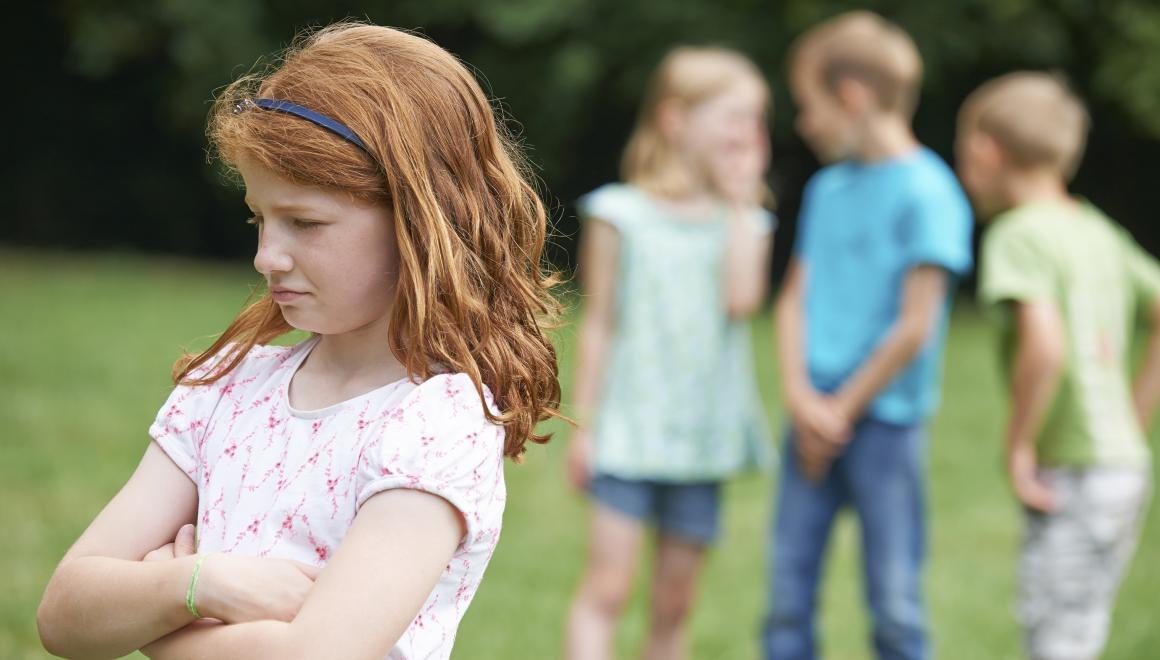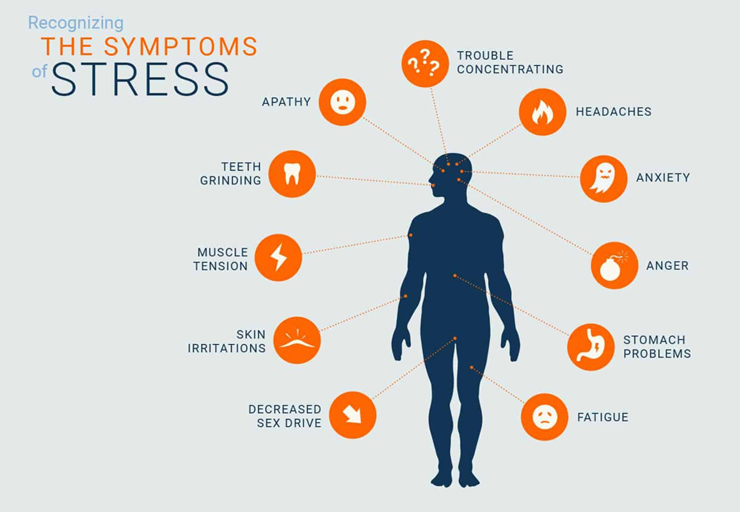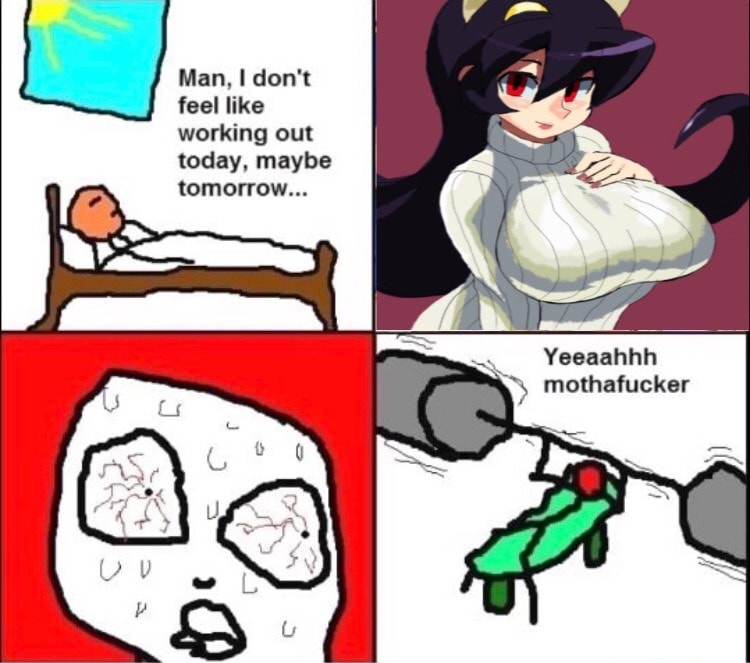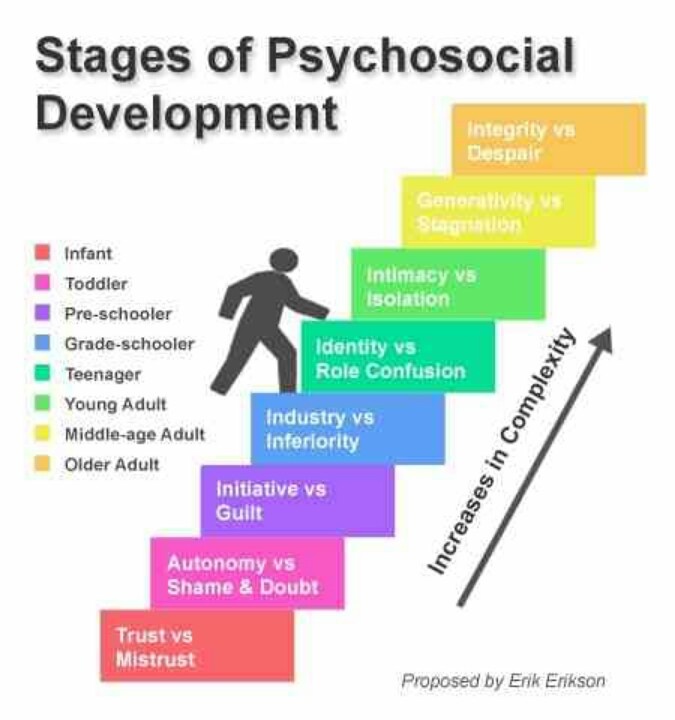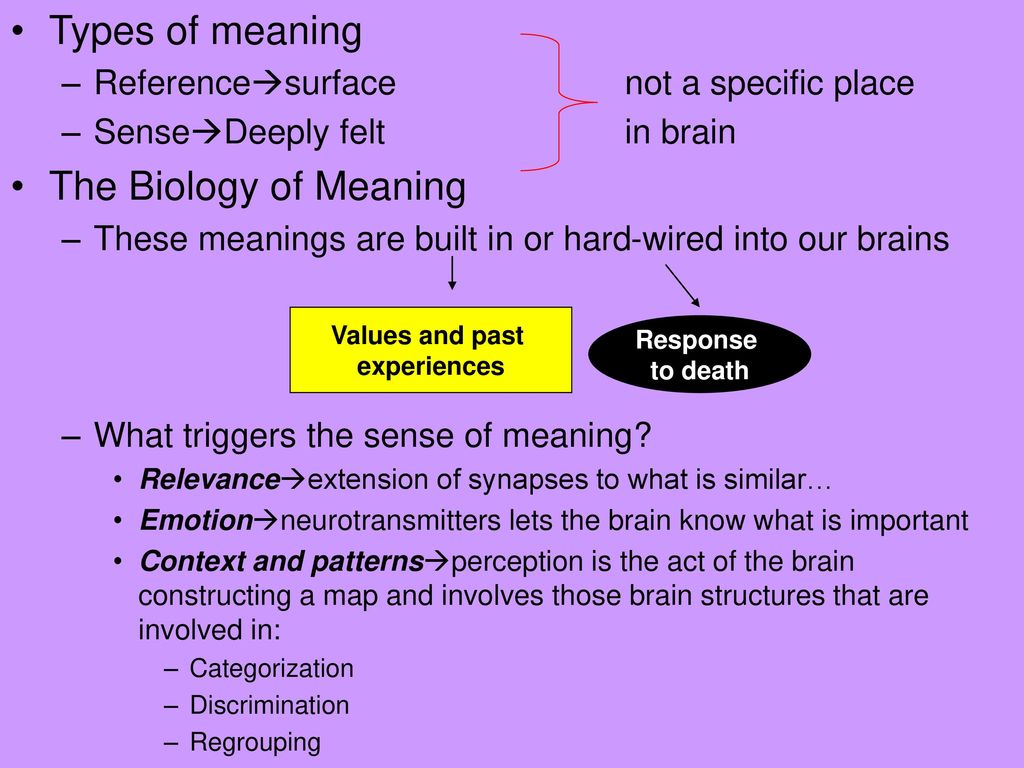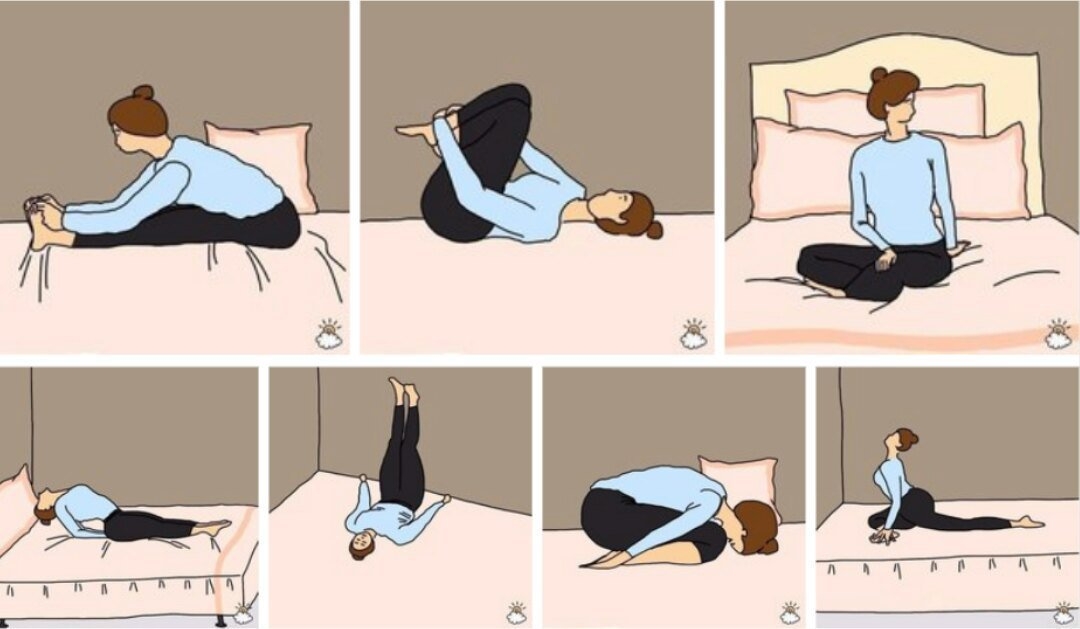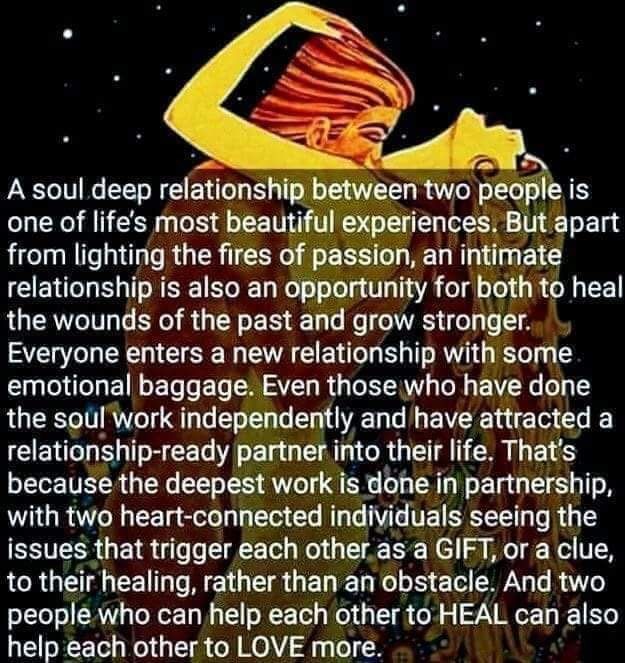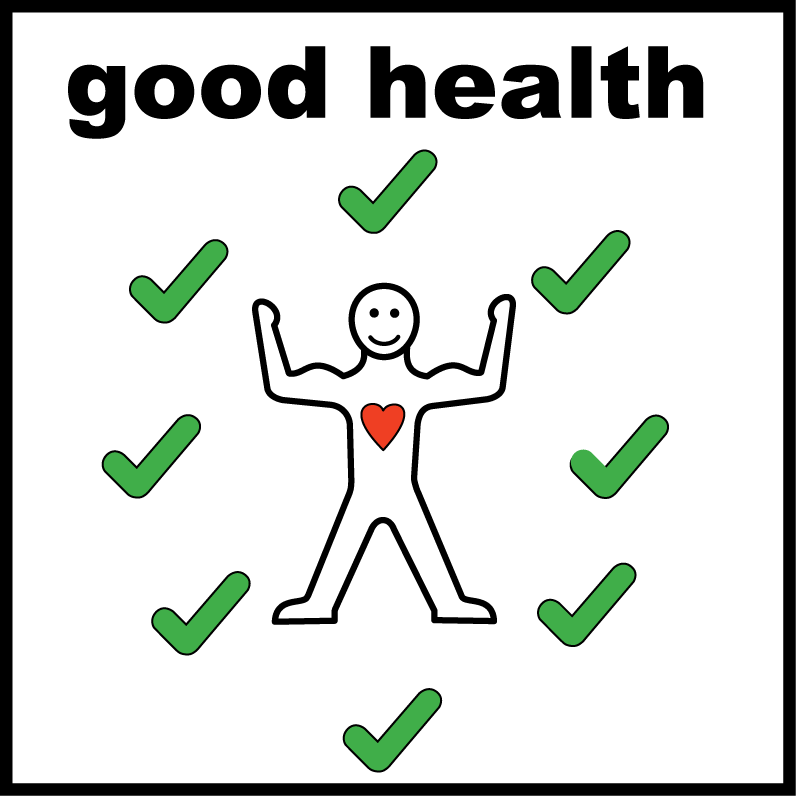Parental rejection in childhood
54 Possible Challenges in Adulthood
If you’ve experienced persistent rejection in childhood, you may now fear emotional intimacy, have low self-esteem, or deal with anxiety symptoms. These effects can shape your adult relationships.
Children don’t often have the perspective and maturity to understand that rejection may have nothing to do with them and everything to do with the adult.
Parental rejection may show in physical distancing — the absence of hugs, kisses, hand-holding, or supportive gestures. It can also be emotional — a lack of comforting, encouragement, sympathy, empathy, or emotional availability.
The effects of rejection in childhood may manifest in the short and long run and can affect your personality development. They can lead to both physical and emotional pain.
If they’re not addressed, these effects might impact your mental health. But it’s possible to manage them and heal from an unloving childhood.
“Children are extremely self-centered — not by choice; by the mere fact that they have no perspective,” explains Julia Samton, a board certified psychiatrist and neurologist in New York City. “Without any substantial life experience, they interpret any rejection as their fault.”
This self-blame can have immediate and long-term impacts.
Immediately, both physical and emotional rejection hurt emotionally. Samton explains this can lead to:
- emotional pain
- rejection or negative emotion sensitivity
- mental exhaustion
- sadness
- confusion
- feeling lonely
- becoming withdrawn
- declining academic performance
- acting out
In some children, rejection can also lead to attention-seeking behaviors.
Over time, Samton notes that constant rejection may cause more specific challenges.
Physical rejection, like pushing a child away when they come in for a hug, may lead to:
- self-isolation
- depression
- self-reliance
- guarded interactions
- rejection of physical affection from others
- angry outbursts
Emotional rejection, like being persistently humiliated and criticized, may lead a child to experience:
- emotional repression (low ability to express how they feel)
- disdain of signs of vulnerability in others
- unkind treatment toward other children showing emotionality
- symptoms of childhood depression
- sense of loneliness
- people-pleasing behaviors
- emotional avoidance
- low self-esteem
- symptoms of childhood anxiety
- difficulty regulating emotions
- attention-seeking behaviors (adequate or otherwise)
- learned helplessness
- avoidant coping behaviors (substance use, compulsive video game playing, or television watching)
- insecure attachment style
The effects of physical and emotional rejection during childhood are often overlapping. While physical rejection may lead to certain behaviors regarding physical engagement, it may also have an emotional impact.
While physical rejection may lead to certain behaviors regarding physical engagement, it may also have an emotional impact.
Rejected child syndrome
Rejected child syndrome isn’t a formal diagnosis. It’s a term used to describe situations where children perceive extreme rejection. They may sense their parents dislike them, don’t want them, or wish they weren’t a part of their lives.
As an adult, the effects of rejection in childhood are often explained by attachment theory, which suggests your first relationship experiences in childhood have a direct effect on your adult bonds.
“Rejected children often grow up to experience difficult self-relationships, including self-doubt, self-neglect, self-sabotage, and self-hate,” says Stephani Jahn, PhD, a licensed mental health counselor in Earleton, Florida. “They can maintain a sense of unworthiness, which can hinder them in relationships, school, work, and even leisure.”
Attachment style theory refers to these effects as an insecure attachment, which can be either avoidant or anxious.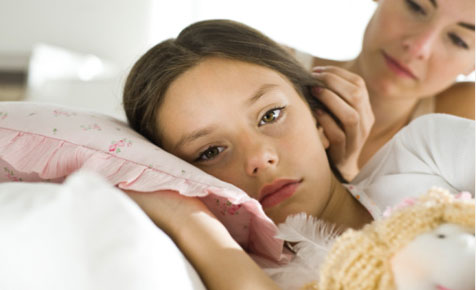
Avoidant attachment style may manifest in adults as:
- fear of commitment
- fear of intimacy
- strong sense of independence
- emotional unavailability
- tendency to emotionally abandon others
- dismissal of other people’s emotions
- difficulty trusting others
- the belief that being alone is better than having a stable partner or family
An anxious attachment style may manifest as:
- jealousy
- difficulty being alone
- “needy” behaviors
- fear of being abandoned
- need for constant physical and emotional reassurance
- feeling criticized by others when it’s not the case
Jahn explains rejection in childhood may also manifest in adulthood as:
- poor interpretation of social cues
- social inhibition
- poor communication skills
- tendency to experience interpersonal conflict
- reverting to a child mindset during moments of stress
- rejection sensitivity
Physical challenges of childhood rejection
Adults who experience physical rejection as children may have a difficult time expressing themselves physically. They may seem uncomfortable with physical touch or act angry or annoyed when someone is physically expressive with them.
They may seem uncomfortable with physical touch or act angry or annoyed when someone is physically expressive with them.
Other challenges may involve:
- reluctance to hug, kiss, or hold hands
- aversion to public displays of affection
- annoyance or anger toward any unrequested physical touch
- sexual dysfunction
- avoidance of situations involving physical connection
Childhood rejection and loneliness
The effects of rejection in childhood are multifaceted, but they often lead to one significant outcome: a sense of loneliness.
A cross-cultural comparative study of more than 800 adults found maternal and paternal rejection during childhood was linked to a variety of negative effects related to mood, behavior, and cognition.
According to the authors, those maladaptive challenges ultimately culminated in a persistent experience of loneliness during adulthood.
Jahn says it is possible to heal from rejection in childhood. Here are a few ways you could start working on overcoming the effects of your early experiences:
Here are a few ways you could start working on overcoming the effects of your early experiences:
Self-reparenting
“Show your inner child the acceptance and love they crave by becoming the caregiver you needed,” encourages Jahn.
Self-reparenting involves using positive self-talk to provide nurturing to yourself as an adult. The first step is to identify what you feel you missed as a child. What are those emotional and physical needs your guardians didn’t fulfill that you may need to fulfill yourself now?
If you didn’t get praise, reassurance, and tender care as a child, for example, you can try telling yourself:
- how brave you are for trying something out
- you’re doing the best you can, and that’s enough
- you’re loved
Recognizing acceptance
Sharing something about yourself with someone you trust can help you learn to recognize the feeling of acceptance.
“This might start out as small things like just telling someone you were thinking of them, and might progress to inviting someone to spend more time together,” says Jahn.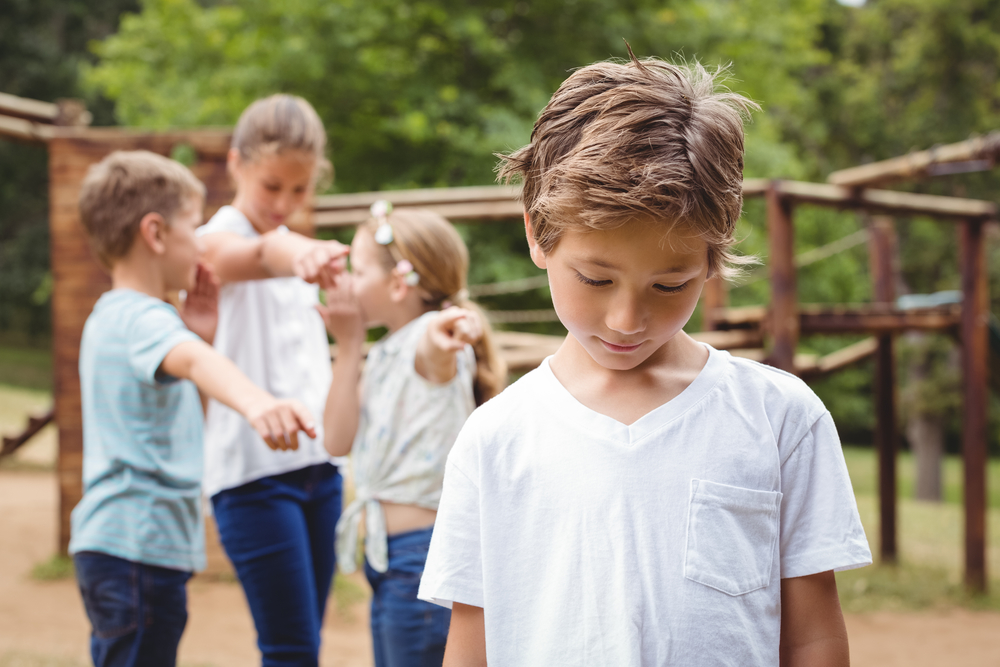
Identifying rejection habits
Learning to identify your negative inner dialogue that may resemble rejection you experienced as a child can help your brain re-label it as untrue, says Jahn.
She recommends using a journal to help raise your awareness of this negative self-talk. Anytime you notice rejection-oriented thoughts, you can write them down and ask yourself where they may be coming from. Try to come up with a counterargument for each negative thought.
Cultivating loving relationships
Building relationships with people you find admirable, caring, trustworthy, and empathetic may help you overcome some of the effects of rejection in childhood.
“Seeking out loving relationships can be reparative by replacing the love and affection [you] did not receive as a youngster,” says Samton.
Whether intentional or not, the effects of rejection in childhood may include fear of intimacy, distrust, anxiety and depression, and people-pleasing behaviors.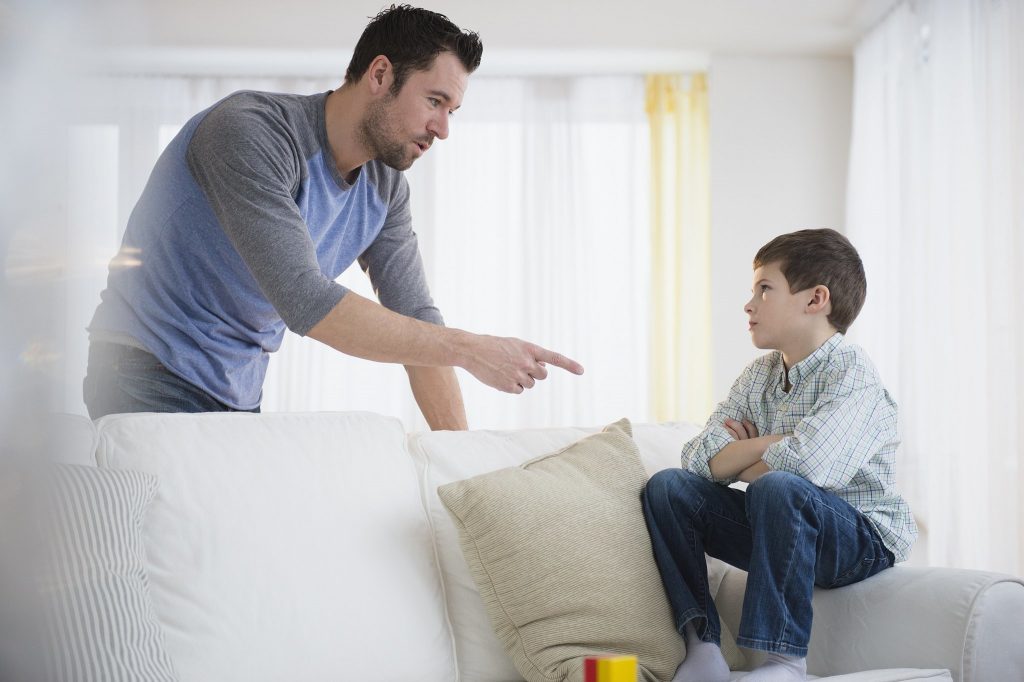
Feelings of confusion and emotional pain from rejection may lead to attachment challenges, ineffective coping mechanisms, or an overall sense of loneliness.
While you can heal from rejection in childhood by creating new, nurturing experiences, a mental health professional can be a valuable resource for working through the more challenging effects of rejection. Healing is possible, and support is available.
54 Possible Challenges in Adulthood
If you’ve experienced persistent rejection in childhood, you may now fear emotional intimacy, have low self-esteem, or deal with anxiety symptoms. These effects can shape your adult relationships.
Children don’t often have the perspective and maturity to understand that rejection may have nothing to do with them and everything to do with the adult.
Parental rejection may show in physical distancing — the absence of hugs, kisses, hand-holding, or supportive gestures. It can also be emotional — a lack of comforting, encouragement, sympathy, empathy, or emotional availability.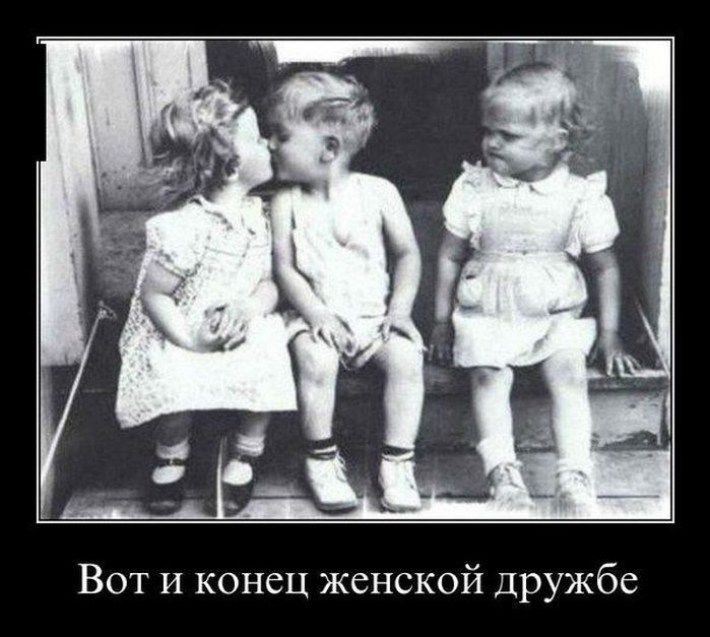
The effects of rejection in childhood may manifest in the short and long run and can affect your personality development. They can lead to both physical and emotional pain.
If they’re not addressed, these effects might impact your mental health. But it’s possible to manage them and heal from an unloving childhood.
“Children are extremely self-centered — not by choice; by the mere fact that they have no perspective,” explains Julia Samton, a board certified psychiatrist and neurologist in New York City. “Without any substantial life experience, they interpret any rejection as their fault.”
This self-blame can have immediate and long-term impacts.
Immediately, both physical and emotional rejection hurt emotionally. Samton explains this can lead to:
- emotional pain
- rejection or negative emotion sensitivity
- mental exhaustion
- sadness
- confusion
- feeling lonely
- becoming withdrawn
- declining academic performance
- acting out
In some children, rejection can also lead to attention-seeking behaviors.
Over time, Samton notes that constant rejection may cause more specific challenges.
Physical rejection, like pushing a child away when they come in for a hug, may lead to:
- self-isolation
- depression
- self-reliance
- guarded interactions
- rejection of physical affection from others
- angry outbursts
Emotional rejection, like being persistently humiliated and criticized, may lead a child to experience:
- emotional repression (low ability to express how they feel)
- disdain of signs of vulnerability in others
- unkind treatment toward other children showing emotionality
- symptoms of childhood depression
- sense of loneliness
- people-pleasing behaviors
- emotional avoidance
- low self-esteem
- symptoms of childhood anxiety
- difficulty regulating emotions
- attention-seeking behaviors (adequate or otherwise)
- learned helplessness
- avoidant coping behaviors (substance use, compulsive video game playing, or television watching)
- insecure attachment style
The effects of physical and emotional rejection during childhood are often overlapping.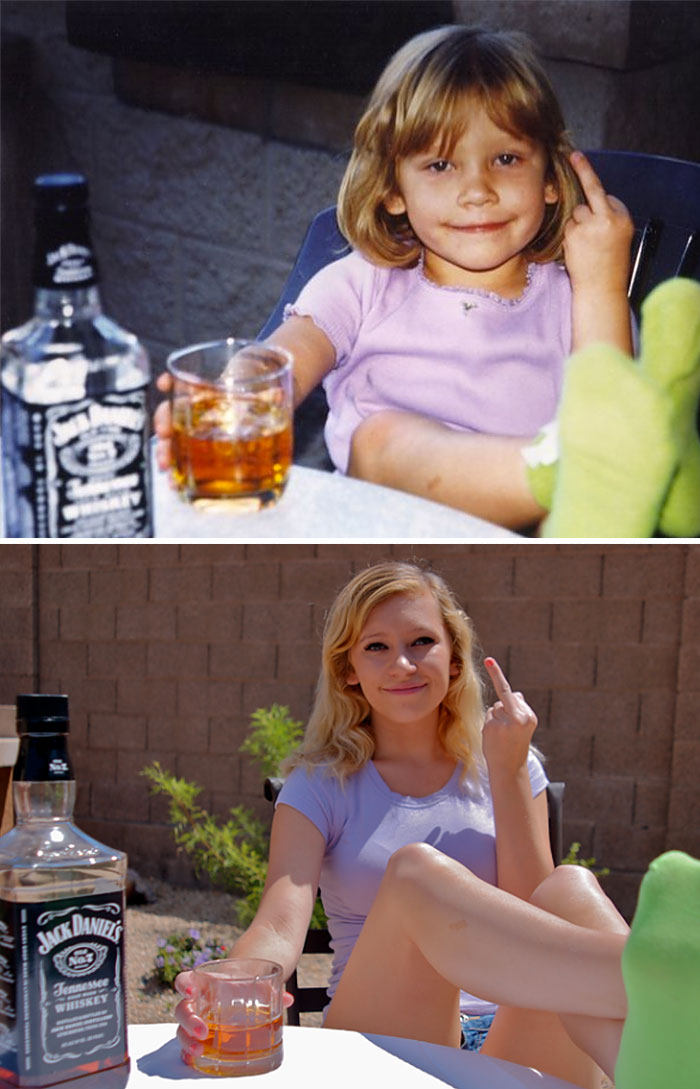 While physical rejection may lead to certain behaviors regarding physical engagement, it may also have an emotional impact.
While physical rejection may lead to certain behaviors regarding physical engagement, it may also have an emotional impact.
Rejected child syndrome
Rejected child syndrome isn’t a formal diagnosis. It’s a term used to describe situations where children perceive extreme rejection. They may sense their parents dislike them, don’t want them, or wish they weren’t a part of their lives.
As an adult, the effects of rejection in childhood are often explained by attachment theory, which suggests your first relationship experiences in childhood have a direct effect on your adult bonds.
“Rejected children often grow up to experience difficult self-relationships, including self-doubt, self-neglect, self-sabotage, and self-hate,” says Stephani Jahn, PhD, a licensed mental health counselor in Earleton, Florida. “They can maintain a sense of unworthiness, which can hinder them in relationships, school, work, and even leisure.”
Attachment style theory refers to these effects as an insecure attachment, which can be either avoidant or anxious.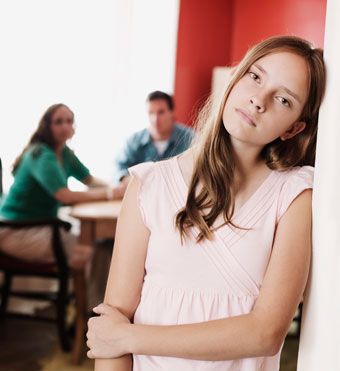
Avoidant attachment style may manifest in adults as:
- fear of commitment
- fear of intimacy
- strong sense of independence
- emotional unavailability
- tendency to emotionally abandon others
- dismissal of other people’s emotions
- difficulty trusting others
- the belief that being alone is better than having a stable partner or family
An anxious attachment style may manifest as:
- jealousy
- difficulty being alone
- “needy” behaviors
- fear of being abandoned
- need for constant physical and emotional reassurance
- feeling criticized by others when it’s not the case
Jahn explains rejection in childhood may also manifest in adulthood as:
- poor interpretation of social cues
- social inhibition
- poor communication skills
- tendency to experience interpersonal conflict
- reverting to a child mindset during moments of stress
- rejection sensitivity
Physical challenges of childhood rejection
Adults who experience physical rejection as children may have a difficult time expressing themselves physically. They may seem uncomfortable with physical touch or act angry or annoyed when someone is physically expressive with them.
They may seem uncomfortable with physical touch or act angry or annoyed when someone is physically expressive with them.
Other challenges may involve:
- reluctance to hug, kiss, or hold hands
- aversion to public displays of affection
- annoyance or anger toward any unrequested physical touch
- sexual dysfunction
- avoidance of situations involving physical connection
Childhood rejection and loneliness
The effects of rejection in childhood are multifaceted, but they often lead to one significant outcome: a sense of loneliness.
A cross-cultural comparative study of more than 800 adults found maternal and paternal rejection during childhood was linked to a variety of negative effects related to mood, behavior, and cognition.
According to the authors, those maladaptive challenges ultimately culminated in a persistent experience of loneliness during adulthood.
Jahn says it is possible to heal from rejection in childhood.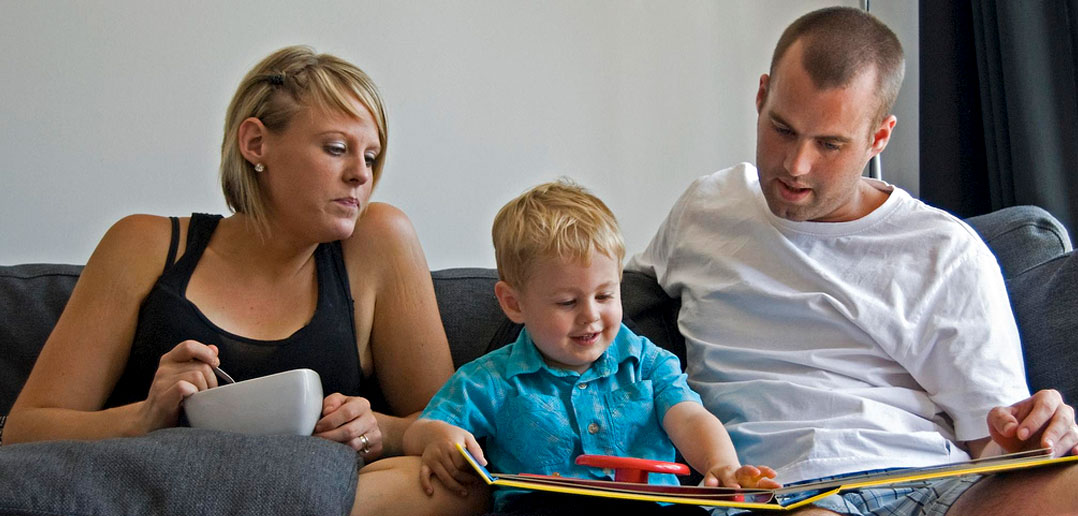 Here are a few ways you could start working on overcoming the effects of your early experiences:
Here are a few ways you could start working on overcoming the effects of your early experiences:
Self-reparenting
“Show your inner child the acceptance and love they crave by becoming the caregiver you needed,” encourages Jahn.
Self-reparenting involves using positive self-talk to provide nurturing to yourself as an adult. The first step is to identify what you feel you missed as a child. What are those emotional and physical needs your guardians didn’t fulfill that you may need to fulfill yourself now?
If you didn’t get praise, reassurance, and tender care as a child, for example, you can try telling yourself:
- how brave you are for trying something out
- you’re doing the best you can, and that’s enough
- you’re loved
Recognizing acceptance
Sharing something about yourself with someone you trust can help you learn to recognize the feeling of acceptance.
“This might start out as small things like just telling someone you were thinking of them, and might progress to inviting someone to spend more time together,” says Jahn.
Identifying rejection habits
Learning to identify your negative inner dialogue that may resemble rejection you experienced as a child can help your brain re-label it as untrue, says Jahn.
She recommends using a journal to help raise your awareness of this negative self-talk. Anytime you notice rejection-oriented thoughts, you can write them down and ask yourself where they may be coming from. Try to come up with a counterargument for each negative thought.
Cultivating loving relationships
Building relationships with people you find admirable, caring, trustworthy, and empathetic may help you overcome some of the effects of rejection in childhood.
“Seeking out loving relationships can be reparative by replacing the love and affection [you] did not receive as a youngster,” says Samton.
Whether intentional or not, the effects of rejection in childhood may include fear of intimacy, distrust, anxiety and depression, and people-pleasing behaviors.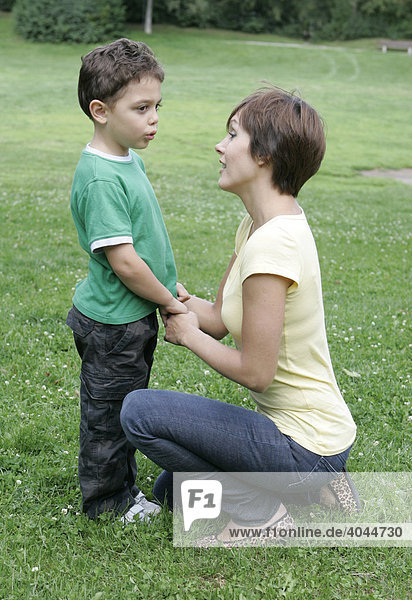
Feelings of confusion and emotional pain from rejection may lead to attachment challenges, ineffective coping mechanisms, or an overall sense of loneliness.
While you can heal from rejection in childhood by creating new, nurturing experiences, a mental health professional can be a valuable resource for working through the more challenging effects of rejection. Healing is possible, and support is available.
How the rejection of parents affects a person
Psychology, Psychology of relationships, Self-development
Contents
- 1 Distrust of the world
- 2 Alienation of children from parents as an attempt to save oneself
- 3 Is it possible to accept parents and get rid of problems?
Relationships with parents make a significant contribution to the formation of the personality of children. It depends on what feelings the child had for his mother and father, whether he will trust the world, how his relations with members of the opposite sex will develop, whether he will believe in himself . .. But what if the child experienced rejection by his parents and is it possible to cope with this psychological trauma in adulthood?
.. But what if the child experienced rejection by his parents and is it possible to cope with this psychological trauma in adulthood?
Distrust of the world
The main feature that is formed in the process of interaction between children and adults is trust in the world. If the mother and father make the existence of the child predictable, he believes that the world works logically, that he can be trusted, that he is a safe place. Otherwise, distrust is formed. And the world seems absolutely chaotic, unpredictable and very frightening.
Of course, a child who grew up in such an atmosphere will not accept his parents either. They will be strangers to him, from whom it is better to stay away. This rejection is transferred to all acquaintances. A person becomes alienated, he has big problems in order to trust someone, to love, to open his soul.
How rejection of oneself and parents develops into psychosomatic illnesses.

Alienating children from their parents as an attempt to save themselves
Sometimes not accepting parents is a kind of self-help. If a mother or father showed cruelty and behaved inappropriately, it is quite natural to want to run away from them. And if this cannot be done physically, psychological alienation sets in.
In such families, children who experience rejection from their parents leave their parents' home early, striving for an independent life. On the one hand, this is good, because the growing person quickly becomes independent and learns to provide for his needs without anyone's help. On the other hand, earlier maturation of leads to the fact that in the soul a person forever remains a rebellious teenager. After all, he did not manage to go through the normal formation of adult traits and is forced to “play” as an adult instead of gradually turning into him. And this is fraught with a neurotic disorder, an increased level of anxiety and a high risk that at some point an “explosion” will occur and a person of mature age will begin to behave like a rebellious teenager .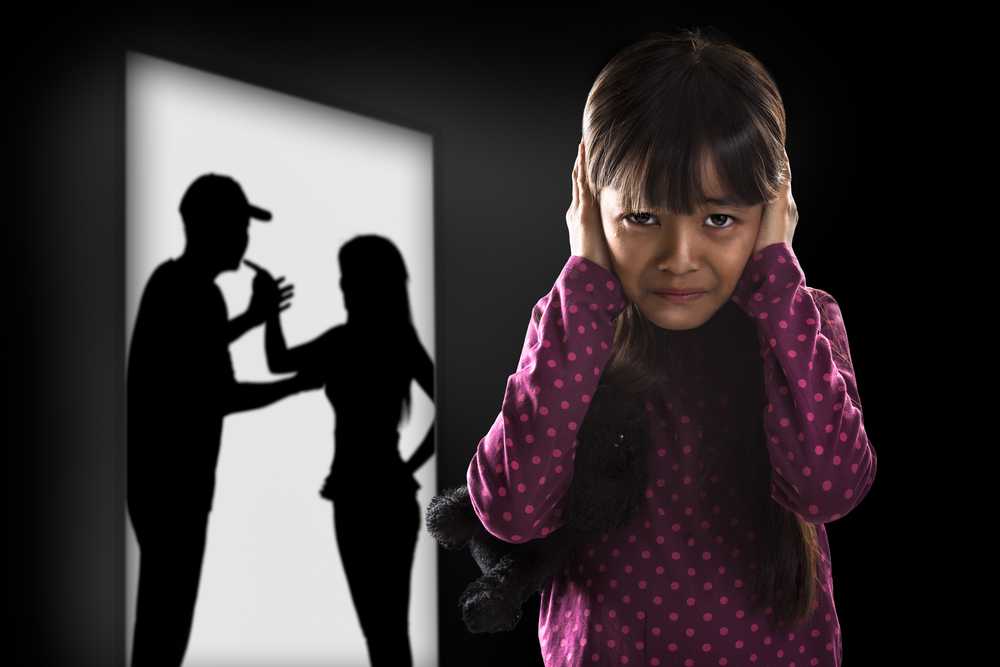 ..
..
A clear demonstration by children in adolescence normal stage separation. This behavior passes at the moment when the child gains independence and the right to express his individuality.
Is it possible to accept parents and get rid of problems?
It does not always make sense to forgive parents. If they really inflicted serious psychological trauma on the child, for example, violence occurred in the family , you should try to process this experience, but do not try to forgive what cannot be forgiven.
Demonstration of children's rejection of parents often occurs during consultations with psychologists. In this case, they recommend the following healing methods:
- Art Therapy . With the help of drawings, you can express your hidden feelings and emotions. Surprisingly, after they come into the light, there is a serious relief.
- Free writing method.
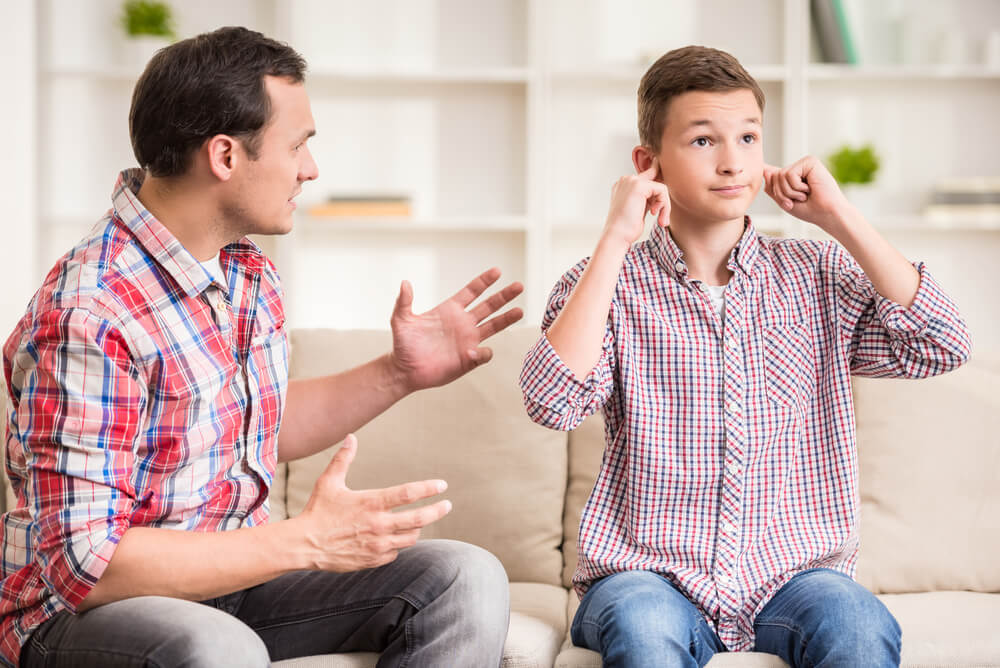 You can do this practice on your own. You should take a piece of paper and begin to write down all your thoughts about the relationship with your parents and their unwillingness to accept them. You should not restrain yourself: if you want to swear, call your parents names, list all the insults inflicted, this must be done without fail. If you regularly ventilate emotions in this way, internal tension will decrease and there will be strength for forgiveness.
You can do this practice on your own. You should take a piece of paper and begin to write down all your thoughts about the relationship with your parents and their unwillingness to accept them. You should not restrain yourself: if you want to swear, call your parents names, list all the insults inflicted, this must be done without fail. If you regularly ventilate emotions in this way, internal tension will decrease and there will be strength for forgiveness. - Psychodrama. Acting out scenes from their childhood, an adult comprehends them in a new way and understands the motives of their parents, which can help to let go of existing grievances.
Rejection of parents by children and unwillingness to feel family ties with them is a common problem. The burden of resentment and misunderstanding create internal tension that hinders realization. Fortunately, with the help of a professional psychologist, any problem can be solved. It is better to go to a specialist and open up your feelings than to spend years in painful introspection and self-blame.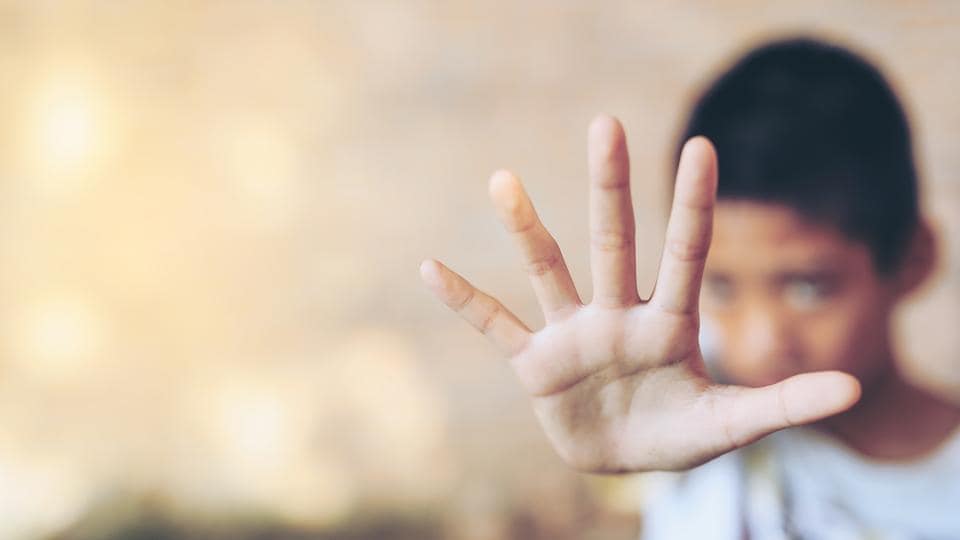
Leave a comment
How to accept parents and work through the psychological trauma of childhood
In one of my live broadcasts on Instagram, a girl asked me a question. She told a sad story about how her own mother mocked her: she beat, humiliated, threatened ... In a word, she behaved not like a mother, but like an enemy to her child. And when the girl was twelve years old, she left her, leaving her to her grandmother. Years later, the mother "changed her mind" and asks for attention, communication and daughter feelings. And now the grown-up child is in confusion - this is her own mother, and I want to answer her, but the resentment against her remains, and huge. And her question was this: how to communicate with her mother and is it worth it at all?
I am sure many will say: a mother who treated her child like that deserves neither attention nor communication. This advice seems logical, but it's bad because it's superficial.
Do I need to show my parents an invoice?
Most of us have grievances with our parents, but some of us especially have many reasons for this.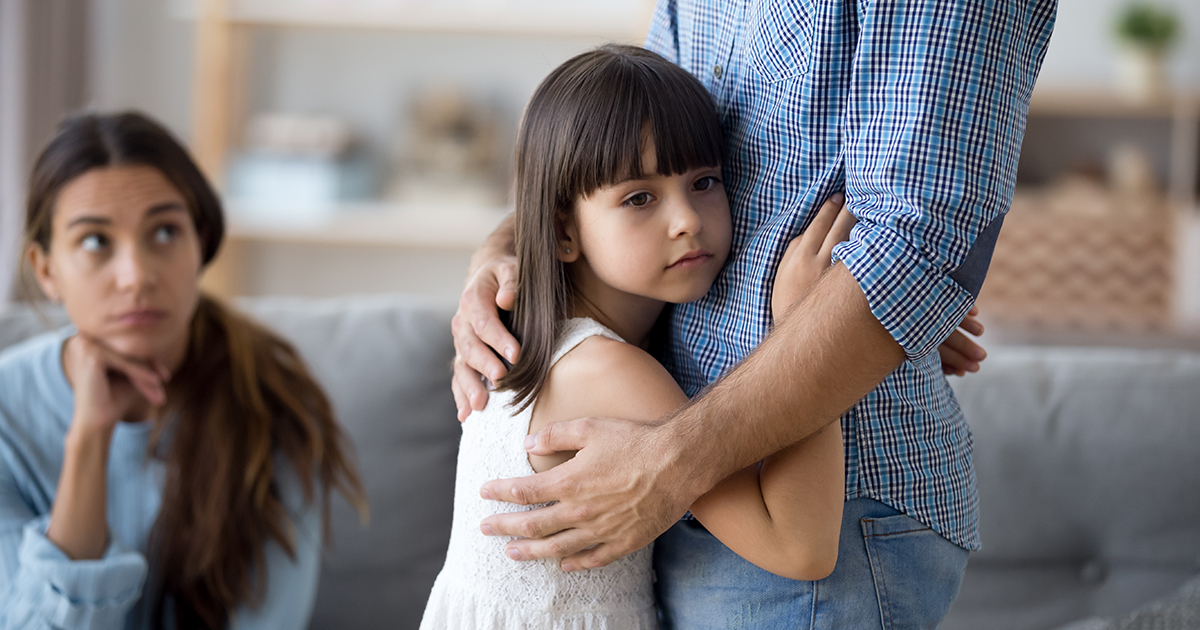 Meet in the family and abuse, and complete neglect of feelings. There are children who were simply abandoned - to relatives, as in the example, or to nannies, or even given to shelters and orphanages. There are children who were not wanted or used to solve some of their problems (keep a husband, get an apartment, and so on).
Meet in the family and abuse, and complete neglect of feelings. There are children who were simply abandoned - to relatives, as in the example, or to nannies, or even given to shelters and orphanages. There are children who were not wanted or used to solve some of their problems (keep a husband, get an apartment, and so on).
All this leaves a deep imprint in the psyche. It is in childhood that we learn to interact with the world, we get basic information about it, ideas about how it works. The mind of a child is incredibly plastic, and as an adult, a person does not change beliefs so easily.
Children who have been treated cruelly and unfairly can carry through their lives a feeling of loneliness and abandonment, resentment towards their parents, distrust of the world as a whole. And they can be understood. But is it worth indulging this feeling of resentment, these negative emotions?
My answer is this. Watching what you want.
If your task is to find the guilty and do nothing, then blaming your parents and reveling in resentment for the whole world is a great plan. You can endlessly, at least all your life, find out who is to blame for the fact that you had an unhappy (or not happy enough) childhood. And it's easy to blame your parents. They failed, failed, failed. And this is true.
You can endlessly, at least all your life, find out who is to blame for the fact that you had an unhappy (or not happy enough) childhood. And it's easy to blame your parents. They failed, failed, failed. And this is true.
But if you want to break out of the vicious circle of accusations and resentments, self-pity, get rid of the state of the victim, then you definitely need to work with all this so that the consequences of childhood mental trauma do not poison your life.
And you need to start by trying to accept mom with all her baggage of unpleasant actions (and for someone - dad or both parents, everyone has their own situation).
I am not at all condoning those who mistreat their children. And yet, I'm talking about the fact that parents simply need to be accepted. And, returning to our example, the mother who scoffed, threatened to hand her over to a shelter, and then left her to her grandmother - it is also important to accept. She doesn't need it.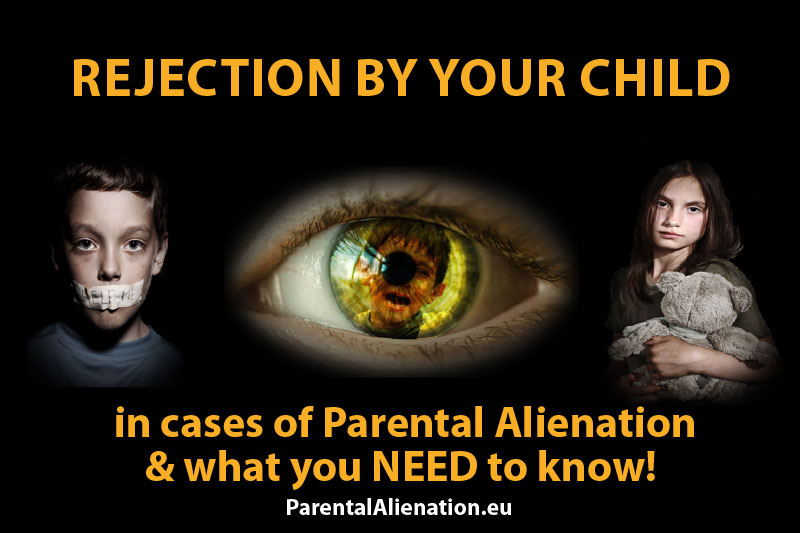 You need it yourself.
You need it yourself.
Why is it important to accept parents?
Parents are the central figures of our psyche. From them comes energy, permission to life, success, work, relationships with people, the use of opportunities. And especially - on relationships with the opposite sex. Therefore, any rejection of parents is harmful, first of all, to ourselves. It negatively affects all areas of life.
As a rule, complaints about the father have the most influence on external success, and complaints about the mother - on the relationship with femininity.
For example, a woman's rejection of her mother often turns into problems with conception, bearing, giving birth and raising her own children.
Isn't the price too high to have someone to blame for your problems?
Can't you be angry with your parents?
For many people, after they learn the laws of the psyche, which I described above, a new bias arises. They begin to suppress the negativity that they have in relation to their parents.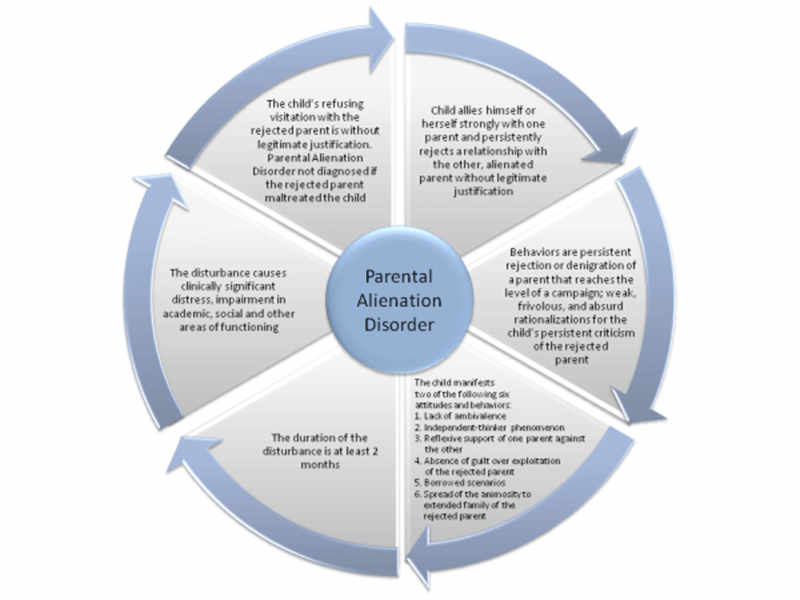 They force themselves not to get angry, they cultivate love for their mother and father, who before that, except for rabies, did not cause anything.
They force themselves not to get angry, they cultivate love for their mother and father, who before that, except for rabies, did not cause anything.
But this is also a dead end. It's normal to be angry and resentful that you've been treated badly. There is no point in suppressing these feelings, you will only drive them deeper and get a bunch of health problems. After all, suppressed negative emotions are the most common cause of psychosomatic diseases.
Forgiving your parents is hard. These grievances are with us all our lives, they have become part of our personality. And even if we decide to forgive, everything in us will resist. Only purposeful, gradual work will help - independent, with a psychologist, in courses - whatever, the main thing is that it goes on. The best methods are hurt letters, various other ways to live and express emotions.
What is the fault of the cruel mother?
How to survive resentment and accept parents who treated you badly? It may help you to understand the reasons why they did this.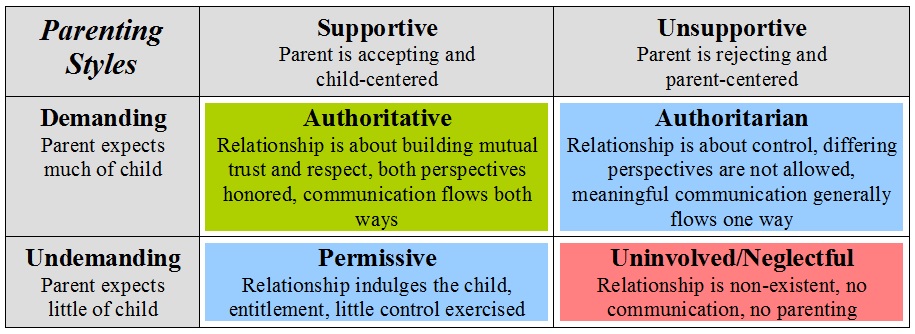
In the vast majority of cases, how parents behave with children is not their conscious decision. Conscious parenthood is generally a rarity, and even more rare it used to be.
As a rule, people simply adapt to the world the way they can. And if they mistreat their children, it means that they have a huge number of unresolved internal problems, mental pain, which make them behave in this way. To survive with them somehow, they had to be like that.
The mother in the example gave her daughter what she had. She certainly had some love for the child, but there was also a lot of pain. And she gave it too. If she could, she would express love correctly, but she couldn't. We do not know the reasons - she could have had a hard life, many disappointments, misfortunes, partings. Her parents may have mistreated her and not taught her how to express love at all. She could feel superfluous and worthless.
And it is important to understand that not so much has changed now.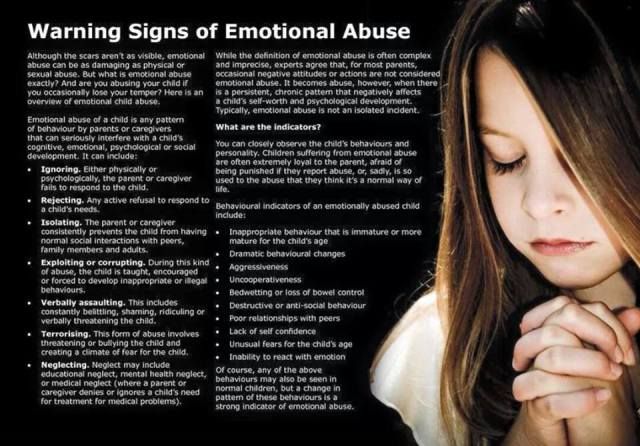 Most likely, if mom tries to mend the relationship, she feels terrible guilt. She understands that it was impossible to behave like that, that she did a lot wrong. But she is unlikely to learn to communicate differently.
Most likely, if mom tries to mend the relationship, she feels terrible guilt. She understands that it was impossible to behave like that, that she did a lot wrong. But she is unlikely to learn to communicate differently.
She will not be able to express her heartache openly, as there is an inner protection of the psyche - so as not to become vulnerable to pain, to terrible discoveries about herself.
To do this, people deliberately harden themselves, become cynical, so as not to feel vulnerable. Because it just hurts unbearably. For people who have not experienced such experiences, it can be difficult to understand this.
That is, you should not expect from your mother that she will change, repent and admit that she is wrong. She probably won't be able to. Such a person is very difficult to open up. To repent, to apologize, to change is an extremely difficult task for any person.
And therefore, it is likely to slide into the past. Perhaps in places she will seem sweet, the kind that tries to fix everything. But even if she suddenly says: “I love you madly, I am ashamed of everything. Forgive me, please, ”then in a day he will again behave in the old way. Better be ready for it. That means you don't have to wait too long. You just need to understand that this is your mother and she is who she is. There won't be another.
But even if she suddenly says: “I love you madly, I am ashamed of everything. Forgive me, please, ”then in a day he will again behave in the old way. Better be ready for it. That means you don't have to wait too long. You just need to understand that this is your mother and she is who she is. There won't be another.
And most importantly, whether she apologizes or not, your fate will not change in any way. Your fate will change if you can accept your mother as you have her.
This is a very deep understanding. To develop it, you need a lot of inner strength, a lot of desire and a lot of work on yourself. And it is clear that it will not work out right away.
Parents are given to us over
For some reason, we can't choose our parents. Although there are teachings that claim that we choose them, that there is karma according to which they are given to us. But this is not exactly known.
One way or another, we are given what is given, and this is the best for us.